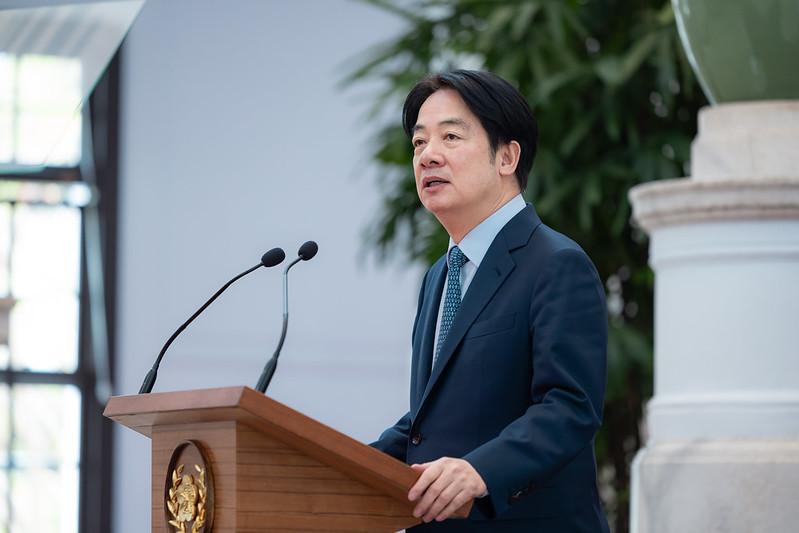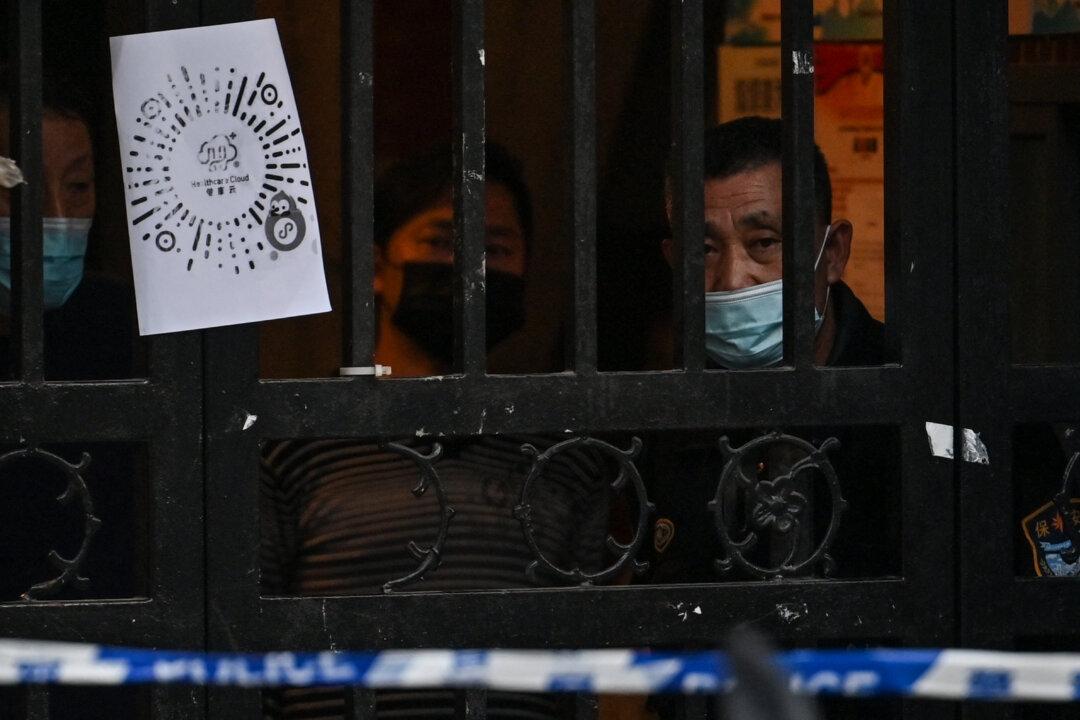A member of the Chinese regime’s top political advisory body on March 4 put forward a proposal to allow single women over the age of 30 to have one child due to China’s declining population. But it was met with public criticism.
On Friday, when China’s annual political meetings, called the “Two Sessions,” kicked off, Hua Yawei, a delegate of the National Committee of the Chinese People’s Political Consultative Conference (CPPCC), called for allowing unmarried women over the age of 30 to have one child.




